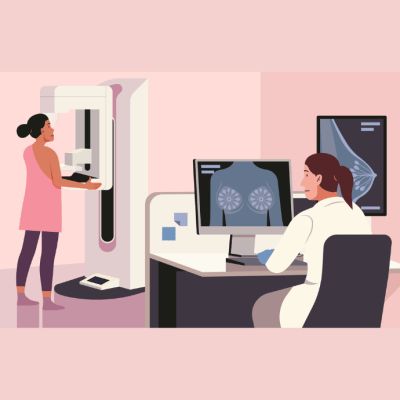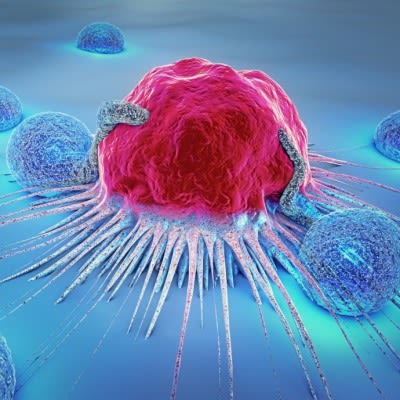Brown University (Providence, RI) researchers reported in Radiology that fatigue affects less experienced radiologists more for breast cancer screening. Specifically, radiologists with five or fewer years of posttraining experience recommended more imaging when digital breast tomosynthesis (DBT) images were read later in the day.
In breast cancer screening, DBT provides greater detail than traditional digital mammography. Breast images are reconstructed into sections one mm apart for review. Thus, far more (hundreds) images per DBT examination are taken. In comparison, traditional bilateral mammography requires only four images. The greater sensitivity afforded by DBT results in much higher breast cancer detection, but DBT examinations cognitively tax radiologists more. Since fatigue may be problematic when cognitive demands are high, the researchers examined time-of-day effects on mammography recall rate and false-positive (FP) rate for DBT and traditional mammography exams while considering the radiologist’s experience.
They retrospectively analysed 57,451 DMT and 40,220 digital mammography exams screened by 18 radiologists across 12 offices in Rhode Island. Differences in shifts were standardised as half-day blocks. Of the 18 radiologists, nine had more than five years of experience posttraining.
Irrespective of radiologist experience, fewer recalls, false positives, and more true positives were respectively observed for DBT (9.9%, 8.6%, 0.42%) than digital mammography exams (10.2%, 9.8%, 0.32%). This attests to the value bought by DBT. No time-of-day effects were observed for traditional digital mammography among either group of radiologists. However, radiologists with five or fewer years of experience were more likely to order additional imaging when reading DBT exams later in the day.
The researchers advise: ‘that radiologists’ performance might be improved by certain workplace modifications, such as limiting the number of hours when screening mammograms are read or instituting regular breaks to minimise cognitive fatigue.’
Click herefor the latest Women's Health news
Source: Radiology























